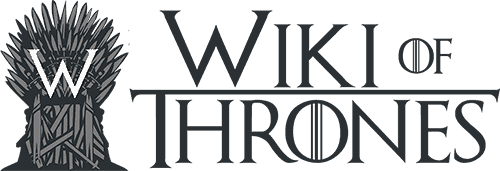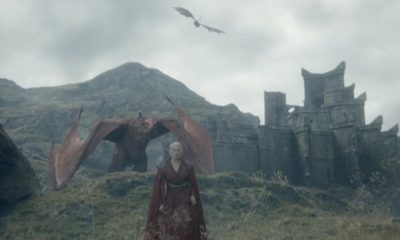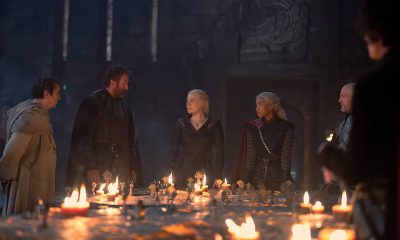Editorial
The meaning behind Daemon’s song to Vermithor in House of the Dragon Episode 10
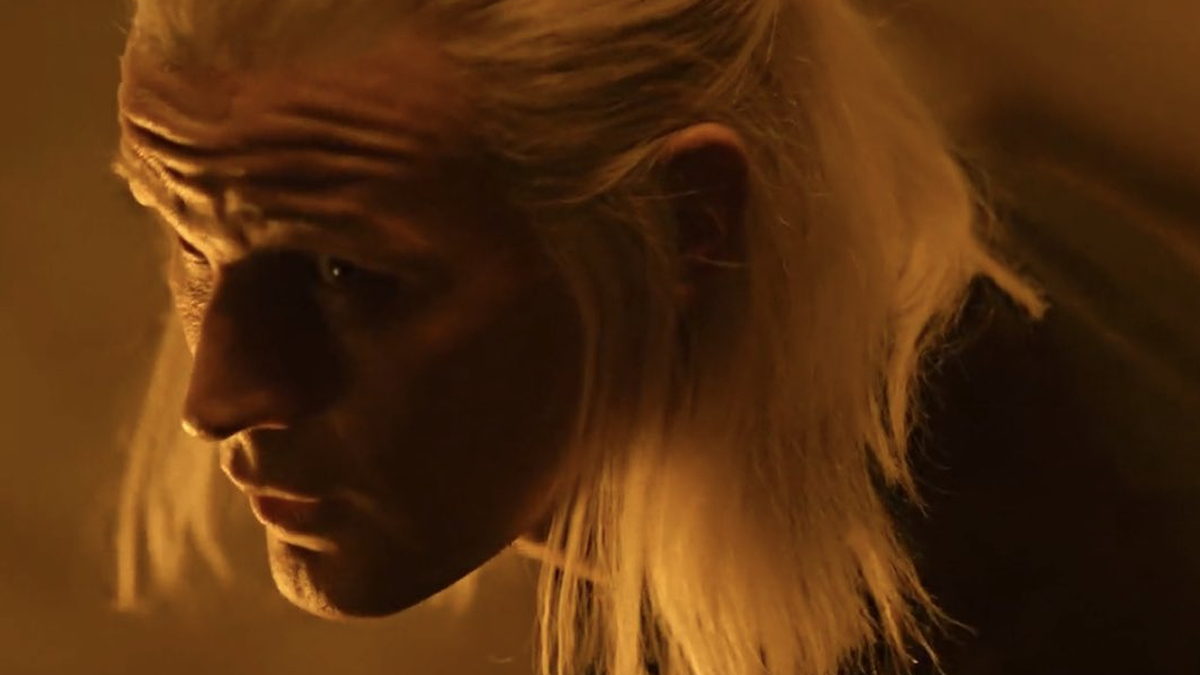
The House of the Dragon season finale was devastating, especially for the Blacks. Rhaenyra and Daemon faced terrible losses. But they also gained two big players in preparation for the coming war. One is the House Velaryon and their fleets, and the other is the second largest dragon alive, Vermithor. Daemon approaches the dragon’s nest singing in Valyrian, which is what the song means. A redditor shared the translated lyrics of the song, which House of the Dragon Valyrian language creator David J. Peterson has confirmed on his blog.
“Fire breather / Winged leader / But two heads To a third sing. From my voice: The fires have spoken / And the price has been paid / With blood magic. With words of flame / With clear eyes / To bind the three / To you I sing. As one we gather / And with three heads / We shall fly as we were destined / Beautifully, freely.”
Daemon’s intonation makes this sound like a lullaby. Fans guessed it might be a Targaryen lullaby, one which Vermithor’s previous rider, King Jaehaerys, would sing to the dragon. But, there might be a more haunting meaning behind Daemon’s words. The second stanza says, “The fires have spoken, and the price has been paid with blood magic,” which might hint at how the Old Valyrians bonded with these magical creatures. A fan theory suggests the untimely death of Rhaenyra and Daemon’s third child is the price that was paid. If this stands true, it reminds us of how Daenerys’ child died from a blood magic ritual gone terribly wrong in Game of Thrones.
The Blood Magic Theory

The song talks of blood magic and bonds. “To bind the three, To you, I sing,” since Daemon is singing this to a dragon, it is safe to assume that the bond in question is between Targaryens and dragons. “And with three heads” symbolizes the three dragon heads on the Targaryen sigil. Targaryens have a ritual of burning their dead, especially with dragon fire. We see them burning their stillborn baby in the same way. A few Targaryens even believed that doing so would help them be reborn as a dragon.
The lullaby hints that the bond between a rider and their dragon is supernatural. Episode 10 emphasizes this when Syrax’s screams mimic Rhaenyra’s when she is in pain during the childbirth scene. The flames enveloping the baby were the only fire in this episode; hence “The fires have spoken.” It would make sense if the ritual of burning their dead were part of their blood magic since the scene felt like a sacrifice. The first season of House of the Dragon showed us the varying levels of bonds between dragon and rider. Vhagar and Arrax do not completely obey their young riders yet, but Caraxes obeys and understands Daemon without him having to command the dragon verbally.
In episode 6, Laena Velaryon reveals that Daemon had been busy reading books on Ancient Valyria. Daemon’s innate knowledge of Valyrian rituals and mysteries may be why he can bond so profoundly with his dragon. It is important to note that riders and dragons have a companion-like bond instead of a master-servant bond. King Viserys also explains that one can not really control dragons. All this shows that while Targaryens and the blood of Old Valyria might have ease while claiming dragons due to this magical bond, the rider has to consciously put effort into strengthening the bond.
Although Daemon approaches Vermithor, he can not claim him. Dragons are possessive of their riders. If a rider who already has a dragon tries to bond with another, it will not end well. But, by scouting the location of Vermithor, Daemon is ensuring the Blacks have enough dragon ammo. By singing to the dragon, he is charming and reminding the dragon, who remained riderless for decades, of the bond of blood they share through their origins in Valyria.
What do you think of this theory? Let us know on our discord server.
Read Next: Why Vhagar and Arrax defied commands in House of The Dragon Episode 10
-

 News6 days ago
News6 days agoLatest The Winds of Winter update by George R.R. Martin disappoints fans once again
-
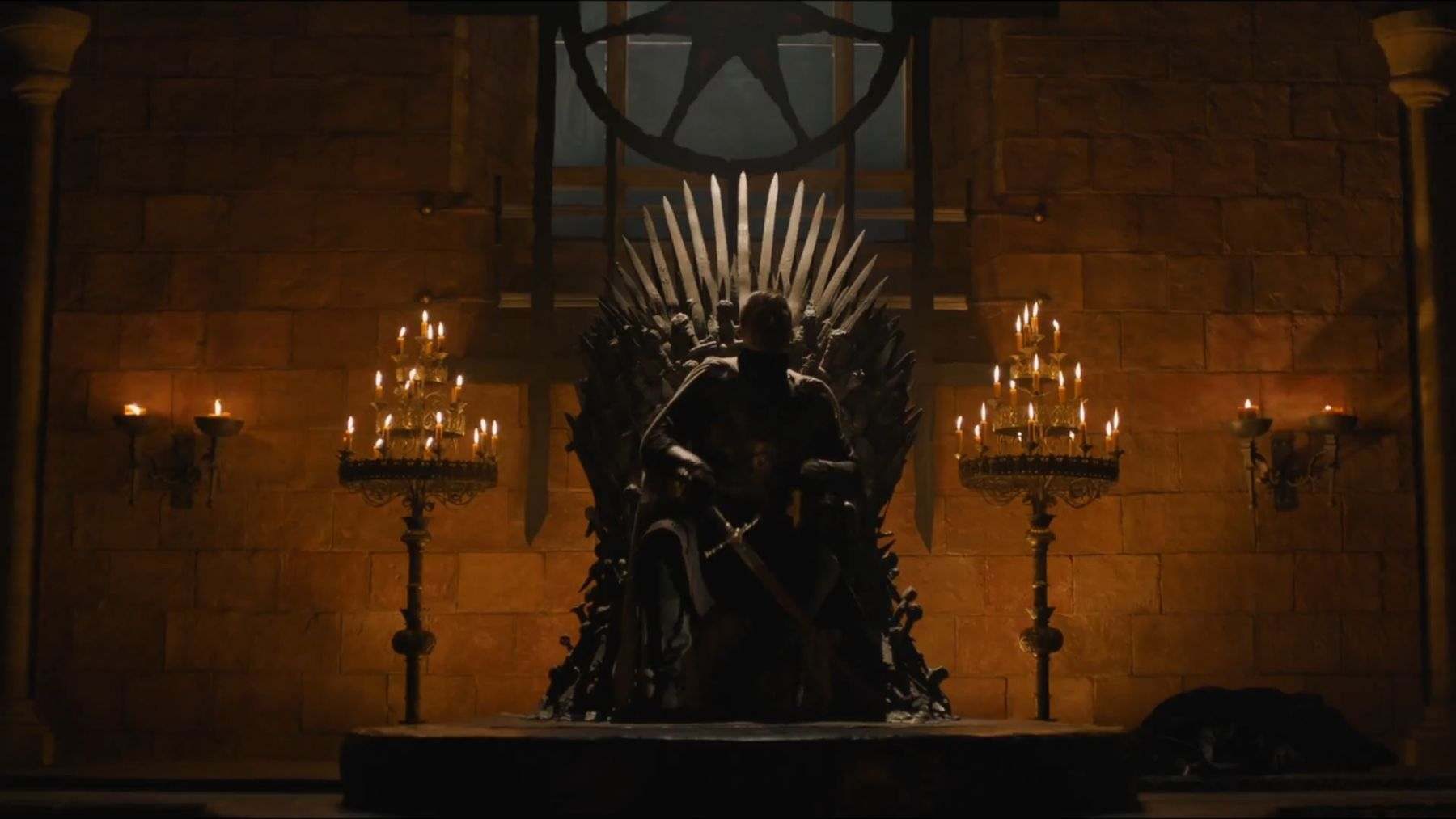
 News3 days ago
News3 days agoPeter Jackson is the new owner of Game of Thrones’ Iron Throne
-

 News2 days ago
News2 days agoFirst on-set picture of Milly Alcock as Supergirl reveals a comic accurate costume
-
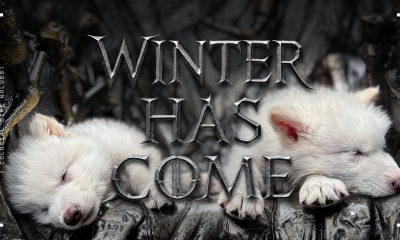
 Humour5 days ago
Humour5 days agoFans Joke Direwolves returned before George R.R. Martin’s The Winds of Winter
-

 News6 days ago
News6 days agoScientists bring back direwolves to life, name one of them ‘Khaleesi’
